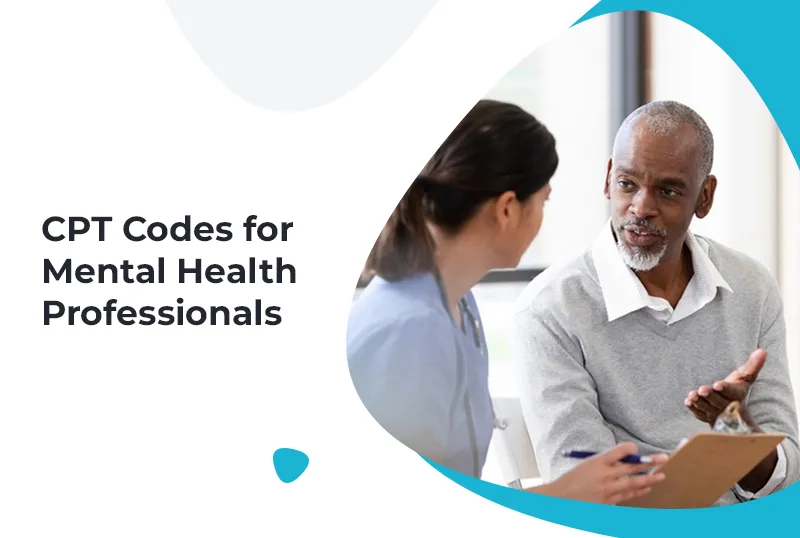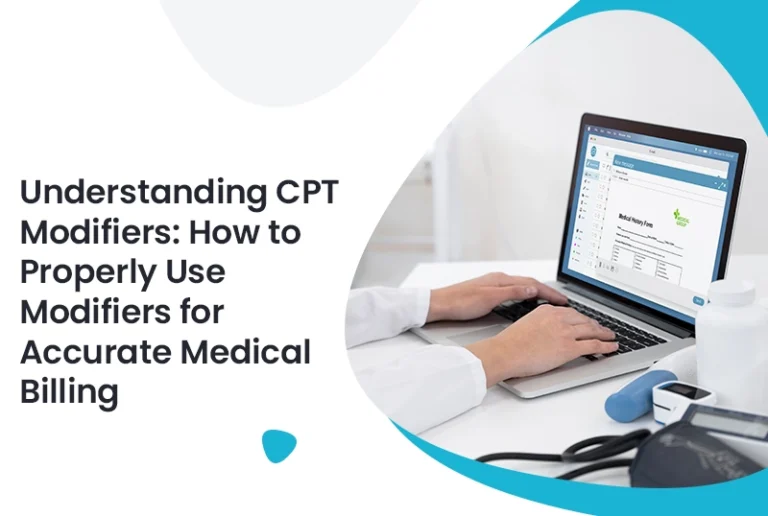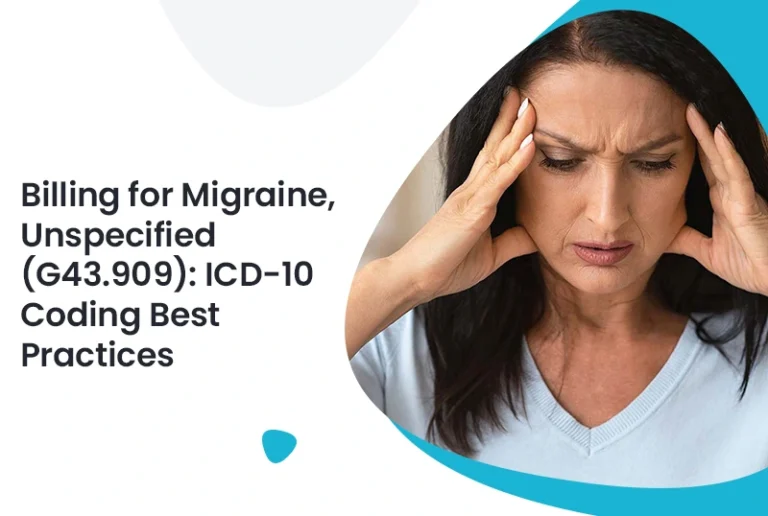Do you ever feel lost in the CPT code system while attempting to provide patients with the care they deserve? You are not alone. Mental health providers must get familiar with and study CPT codes in order to prepare correct bills and comply with medical coding compliance.
Dealing with CPT codes is never easy, and understanding them can be like solving a riddle. This tutorial will help you grasp the coding process and what to perform through easy and straightforward activities and objectives.
How Does Mental Health CPT Codes Help?
Mental health CPT codes are critical when it comes to invoicing and claims for mental health services. These codes provide a technical approach to the act of coding, allowing people to classify diverse mental health procedures and treatments. The use of CPT codes allows mental health professionals to precisely describe the services they perform, allowing insurance companies to make right reimbursements and avoid billing errors.
Furthermore, CPT codes aid in medical coding compliance by ensuring that all services are coded in a consistent manner that is relevant to audits and compliance.
List of CPT Codes for Mental Health Services
Mental health experts use a specific set of CPT codes to bill for their different types of services. The following are the used codes:
- 90832: 30-minute psychotherapy session for 90832 CPT code individuals.
- 90834: 45-min individual psychotherapy session.
- 90837: 60-min individual psychotherapy session.
- 90846: Used for family psychotherapy without the patient present.
- 90847: Family psychotherapy with the patient present.
- 96127: Used for brief emotional/behavioral assessment with scoring and documentation, and it is also used for depression or anxiety screenings.
- 90791: An initial psychiatric diagnostic evaluation without medical billing services.
- 90792: Represents a psychiatric diagnostic evaluation with medical billing services.
Tips for Accurate CPT Coding for Mental Health Professionals
Mental health professionals should follow these tips to ensure accurate medical coding:
- Keep Up with the CPT Code Updates: CPT codes change frequently, but you should try your best to know the changes so that you can effectively apply the right code when billing.
- Document Thoroughly: Good documentation is crucial to clearly describe the services, time spent, and why the medical treatment was needed.
- Use the Correct Time-Based Codes: Many mental health CPT codes depend on session length. So, you need to record the time accurately to pick the appropriate code.
- Check Payer Policies: Different insurance companies may have specific rules or restrictions on the use of certain CPT codes for mental health. Be sure to verify payer policies to avoid claim denials.
- Train Your Staff: Ensure that your administrative staff is well-trained in CPT coding because they will help you reduce errors and improve the billing process.
Conclusion
All healthcare maestros involved in mental health care must use CPT codes in order to ensure proper billing, payment, and compliance with insurance and reimbursement requirements. The key to increasing financial stability, avoiding claim denials, and billing correctly is to understand commonly used codes, document services appropriately, and follow coding guidelines. In addition to improving mental health practice, learning and implementing proper codes will also help patient care.







